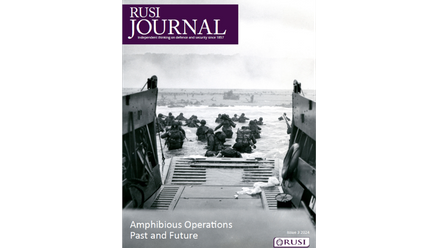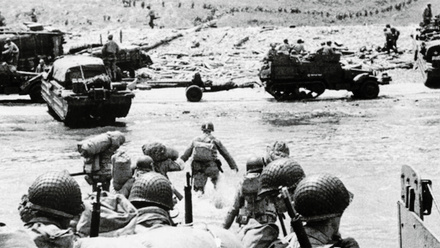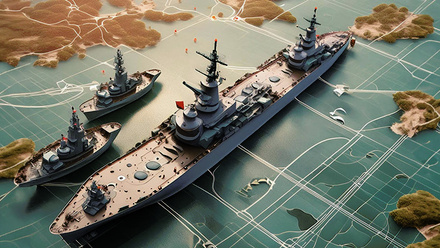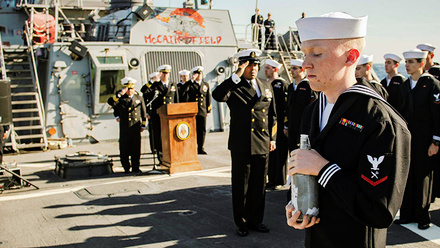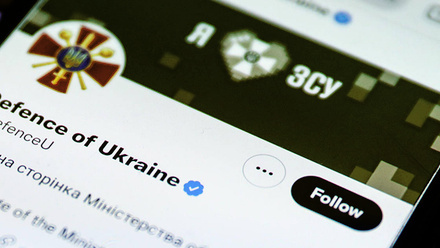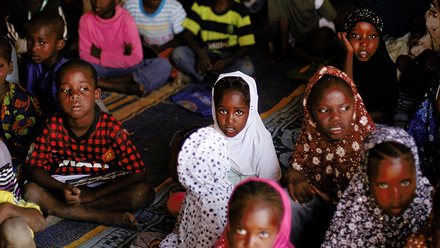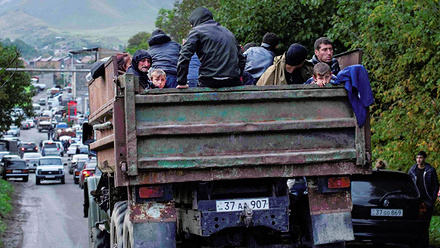Editor's Note (Vol 169 | Issue 3)
What can we learn from history – and when we do, are they the right lessons for contemporary challenges? The year 2024 marks many anniversaries – from the D-Day landings that, we now know, ushered in the final phase of the Second World War in Europe, to the 75th anniversary of the establishment of NATO as a new international architecture in the aftermath of that conflict. Western armies and decision-makers often seek to learn from history, with both benefits and drawbacks. In a masterful consideration of Operation Overlord, Hew Strachan revisits the lessons that were learned and applied in preparation for the D-Day landings, and considers whether an operation of such scale would ever be possible in today’s world and what the future will look like for amphibious operations.
The People’s Liberation Army Navy, meanwhile, is focusing more and more on wargaming methodologies as a training tool for its officers, utilising competitions as a way to encourage learning. Ryan D Martinson examines some of these competitions and Chinese experts’ own reflections on their effectiveness, and highlights that while this approach has some benefits, there are considerable drawbacks to using simulations as the favoured learning approach.
And learning is, of course, often the result of recent experience – as Ryan Easterday and Charlotte Evans show in their detailed study of the aftermath of the 2017 collision at sea, when the crew of the USS John S McCain suffered several losses that affected the mental health of the surviving crew. Studying the support provided to the crew to ensure they were able to return to active duty can shed light on both the successes and the mistakes of which future commanders need to be aware.
Learning happens in the midst of conflict too: Tom Johansmeyer, Gareth Mott and Jason R C Nurse examine how the cyber strategies of the US, Russia and Ukraine have fared in light of the cyber components of the conflict in Ukraine – and examine how they are likely to evolve.
Peacebuilding and prevention are, of course, as fundamental as preparing for and learning from conflict. Emmanuel Nene Odjidja, Samhita S Ayaluri and Daria Fiodorov look at two examples of preventing violent extremism in Mali and assess the effectiveness of livelihood interventions in relation to the specific systemic context in which they take place.
Finally, Lilia A Arakelyan and Hanna S Kassab discuss the changing strategies of Russia and Turkey in the South Caucasus, and how the conflict in Nagorno-Karabakh offered the two countries the opportunity to pursue their own great power ambitions in the region.
Dr Emma De Angelis
Editor, RUSI Journal

